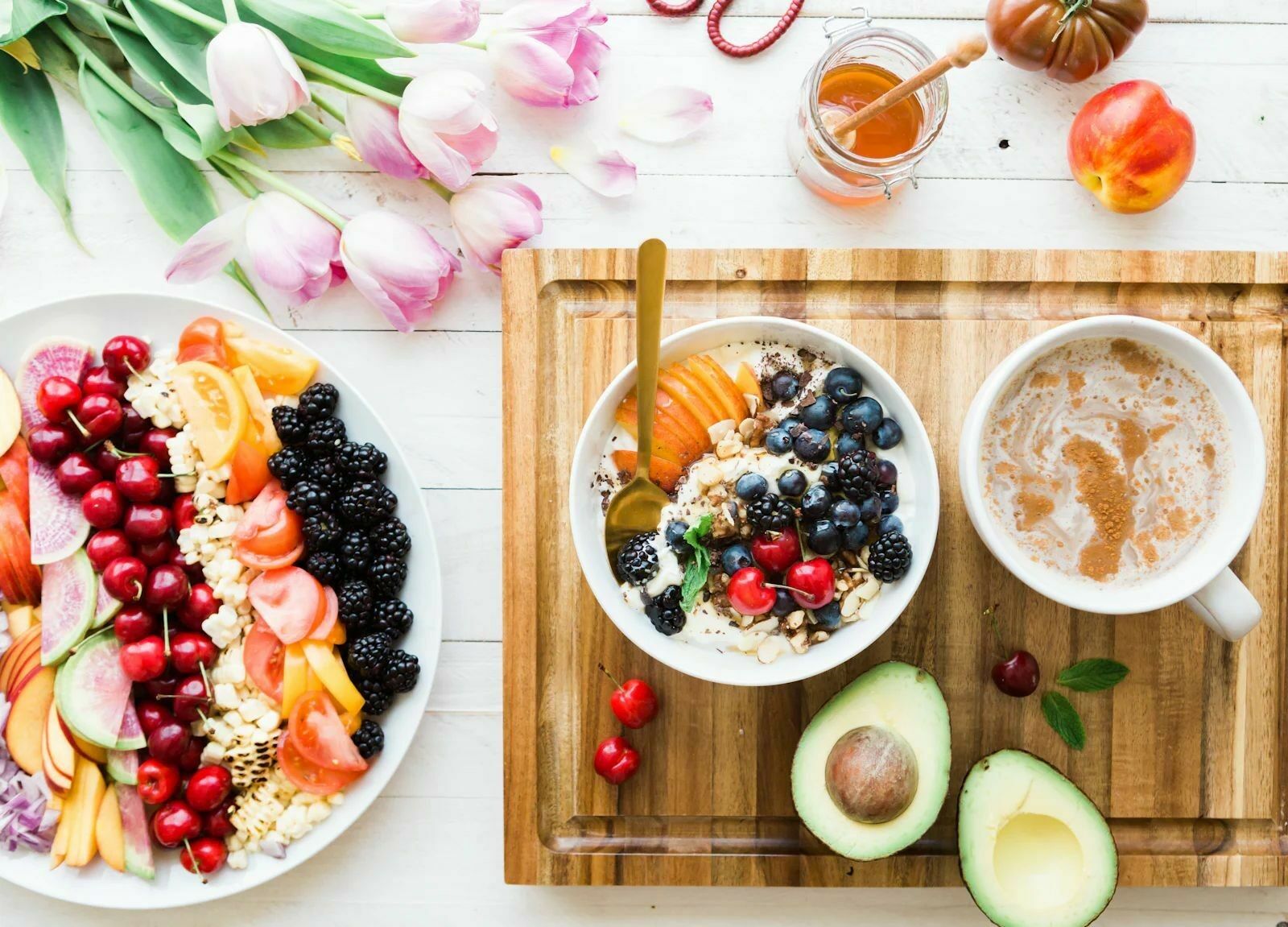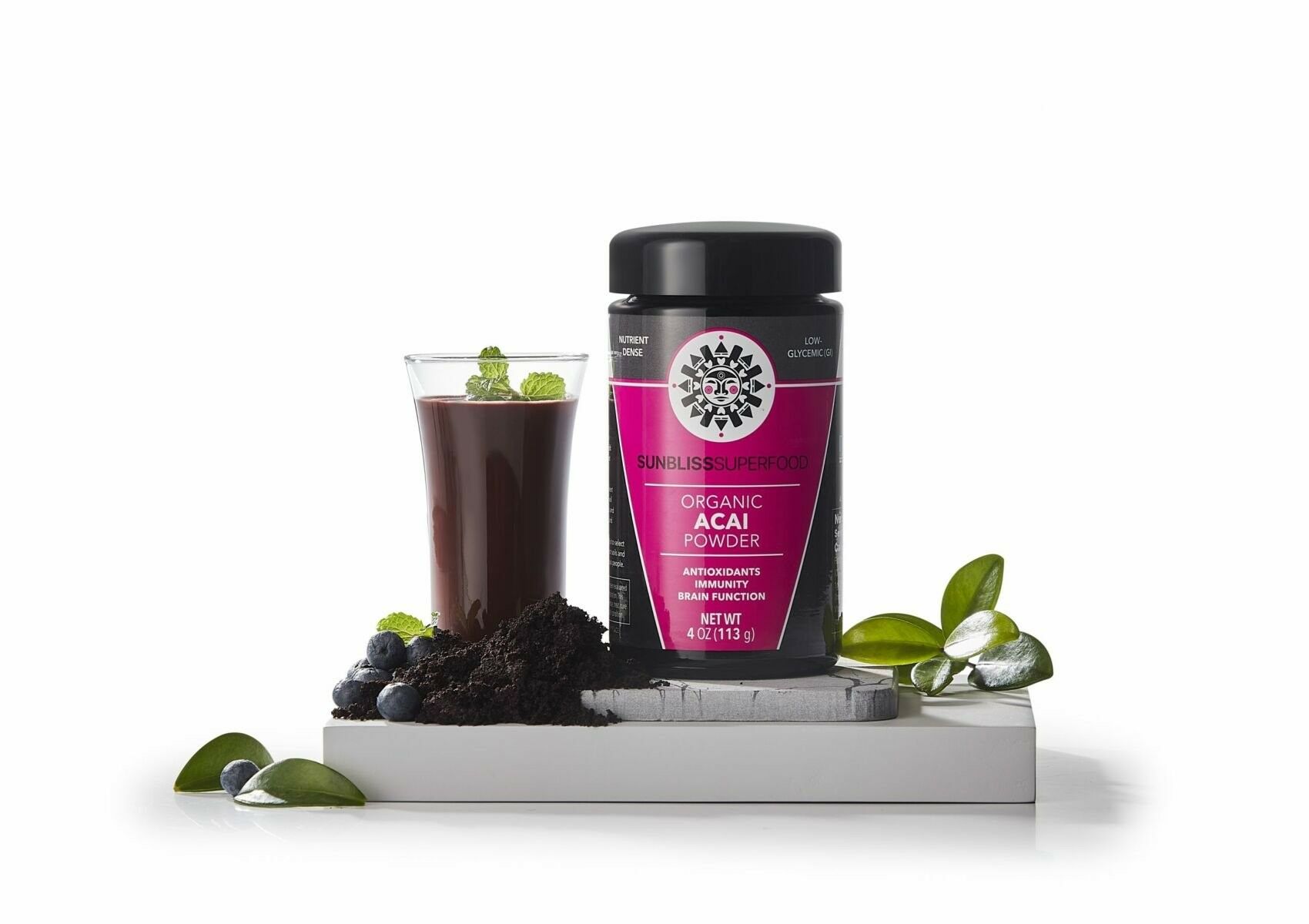How to have a healthy and sustainable diet

Did you know that what we eat won’t only affect our health, but also the planet we call home? Research shows that many of the foods that can harm our health are also bad for the environment, leading to issues like climate change and even the loss of animal and plant species. That’s why having a healthy and sustainable diet is important.
But how can you nourish your body while also sustaining the environment for future generations? Well, here are some sustainable nutrition tips from the experts at Sunbliss Superfood, a new organic food company located in California, USA.
Top 5 ways to have a healthy and sustainable diet
1. Prioritize plant-based foods

Diets rich in plant-based foods are better for your health and more sustainable for the environment. Plant-based foods are typically lower in saturated fats and cholesterol, which can help decrease the risk of heart disease and other chronic conditions. Adding a variety of colorful fruits and vegetables into your meals also ensures you receive a wide range of antioxidants and phytochemicals that support your overall health.
In addition to its health benefits, a plant-based diet promotes animal welfare by reducing the demand for factory-farmed meat. Plus, producing meat like beef and lamb requires a significant amount of carbon emissions. Therefore, choosing plant-based alternatives like tofu, tempeh, beans, and superfood powders like Sunbliss Superfood is a more environmentally friendly option. They have a lower carbon footprint compared to animal products, but can still provide ample nutrients such as protein, fiber, and vitamins. Of course, you can’t completely transform the agricultural system overnight, but small changes can make a significant impact on both your well-being and the planet.
Embracing a plant-based lifestyle doesn’t have to be drastic. You don’t need to become vegetarian or vegan. Instead, slowly adopt a plant-based diet once or twice per week and start building your eco-friendly eating habits from there.
2. Minimize food waste

According to the nonprofit organization Feeding America, the food industry in the USA wastes 92 billion pounds of food each year. This shocking statistic has far-reaching consequences, with one major repercussion being its detrimental negative impact on the environment. The production and disposal of food that goes uneaten generates greenhouse gases, while also squandering resources such as water, land, and energy that are used in its production.
One effective way to reduce food waste is by planning your meals in advance and buying only what you need. Be mindful of the expiration dates and always use your foods promptly. Moreover, frozen foods are also valuable in reducing food waste as you can easily use the precise amount needed for a recipe without the waste. Getting back to basics, if you cook too much or you have left over from ordering takeout, it’s always a good idea to save them instead of throwing them away. For all food scraps, try compositing and reusing them as garden fertilizer.
3. Eat in moderation

Eating in moderation is an important part of a healthy and sustainable diet. Overconsumption is one of the biggest threats to both our bodies and the environment. Eating only the necessary amount of food helps alleviate the strain on our food supply by reducing unnecessary excessive production. Moreover, it also supports overall health and prevents unhealthy weight gain.
So, how can you cut back on overeating? A great strategy to start eating less is to be mindful of portion sizes. Opt for smaller portions, take your time and savor your food before going back for seconds – additionally, chewing your food thoroughly is a simple way to slow down the eating process and give your body cues of fullness. Another helpful approach to prevent overeating is eating without distractions, i.e. watching movies or scrolling through social media.
4. Be responsible with your seafood choices

A healthy and sustainable diet meets nutritional needs while minimizing environmental impact. In addition to the types of foods you consume, you also need to pay attention to how they are produced and sourced. This is especially true for seafood.
We all know that fish is a great source of healthy omega-3 fatty acids, which contribute to brain function, heart health, and normal vision. However, some species are at risk of being overfished so their stocks are depleted. There are also numerous unsustainable fishing practices that harm the marine environment.
To get the necessary nutrients from seafood while reducing pressure on wild fish stocks, consider eating a different variety of fish species 1 to 2 times every week. It’s also a good idea to only choose certified seafood from organizations like the National Marine Fisheries Service.
5. Incorporate superfood powders into your diet

Incorporating superfood powders, such as Sunbliss Superfood, into your diet can significantly improve your diet while promoting sustainability. Sunbliss Superfood is dense with nutrients like vitamins, minerals, and antioxidants. Therefore, they can support your immune function, reduce inflammation, and promote gut health.
Moreover, superfood powders often have a low environmental impact as they require few resources to produce. Sunbliss Superfood, for example, prioritizes the use of organic ingredients and eco-friendly packaging. Freeze-dried and organic, their superfood powders retain maximum nutrients and have a long shelf life.
Eating mindfully, being aware of the environmental impact of our dietary choices, and making small changes towards a more sustainable diet can have significant long-term benefits for both our health and the earth.
Start your healthy and sustainable diet today with Sunbliss Superfood. For more information, be sure to visit Sunbliss Superfood’s website.
Sponsored
Latest Thailand News
Follow The Thaiger on Google News:


























